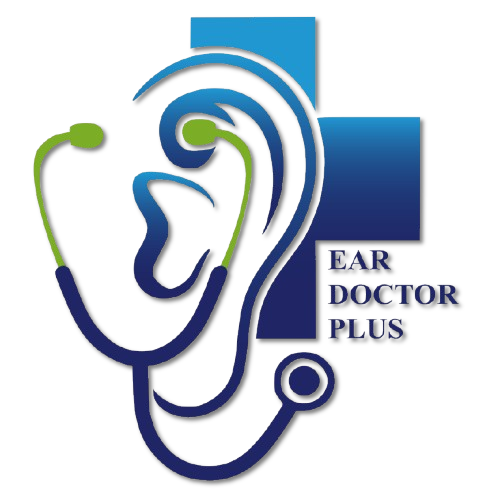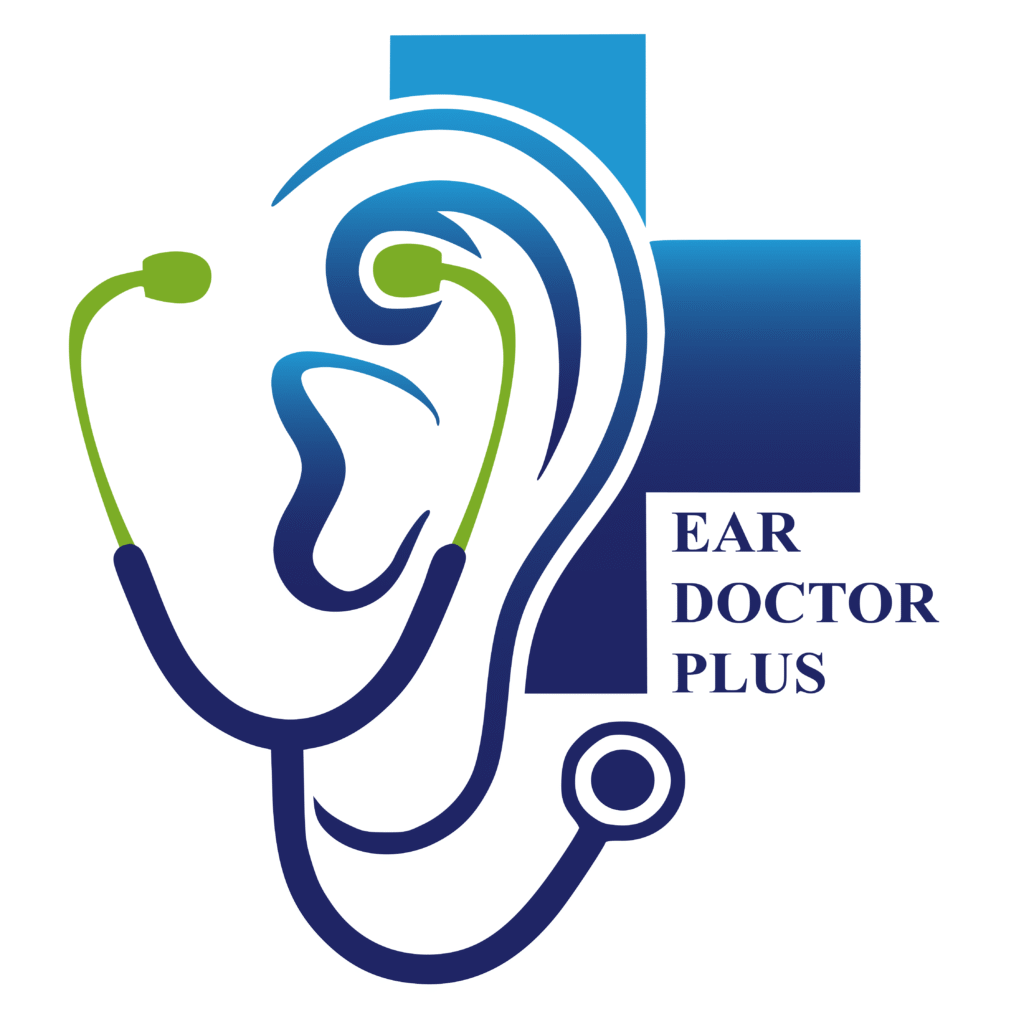
Introduction
Hearing loss is a common condition that affects millions of people worldwide. It occurs when there is a partial or total inability to hear sounds in one or both ears. Hearing loss can impact communication, social interactions, and quality of life if left untreated. Understanding the signs, causes, prevention, and treatment options is crucial to managing this condition effectively.
Hearing Loss Signs & Symptoms
Recognizing hearing loss early can make a significant difference in treatment outcomes. Common signs include difficulty understanding conversations, frequently asking others to repeat themselves, turning up the volume on electronic devices, ringing or buzzing in the ears (tinnitus), and withdrawing from social situations due to communication challenges. If you notice these symptoms, it's important to seek professional evaluation promptly.
Prevention & Protection
While some types of hearing loss are unavoidable, many cases can be prevented through simple protective measures. Avoid prolonged exposure to loud noises, such as concerts, machinery, or headphones at high volumes. Use ear protection like earplugs or earmuffs when exposed to noisy environments. Regular hearing checkups can also help detect early changes before significant loss occurs.
Age-related Hearing Loss
Also known as presbycusis, age-related hearing loss is a gradual decline in hearing ability as people get older. It typically affects both ears and makes it difficult to hear high-pitched sounds and understand speech in noisy environments. This natural process can be managed through hearing aids and communication strategies that improve listening ability and quality of life.
Treatment Options
Treatment for hearing loss depends on its type and severity. Common solutions include hearing aids, cochlear implants, assistive listening devices, and sometimes surgery. Hearing aids amplify sounds and improve communication for many individuals. Additionally, counseling and auditory training can help people adjust to hearing aids and optimize their use.
Living with Hearing Loss
Living with hearing loss can be challenging, but with the right support and tools, individuals can lead fulfilling lives. Learning effective communication techniques, joining support groups, and regularly consulting hearing professionals can empower people with hearing loss. Early intervention and consistent care are key to maintaining social connections and emotional well-being.

